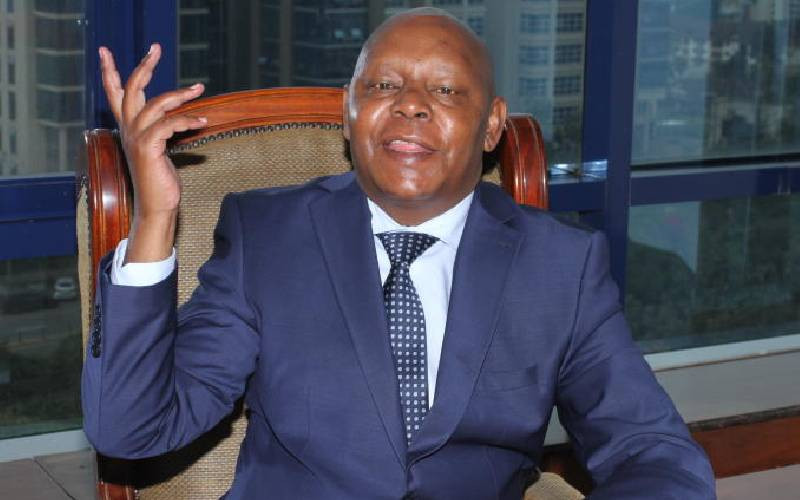×
The Standard e-Paper
Fearless, Trusted News

International Criminal Court (ICC) deputy prosecutor yesterday linked Deputy President William Ruto to an alleged bribery scheme whose architect was lawyer Paul Gicheru, assisted by more than 10 associates.
This even as Gicheru linked the witnesses to NGOs, adding that they were all interested in accommodation, employment, money, opportunities and schools for the children in countries out of Africa.